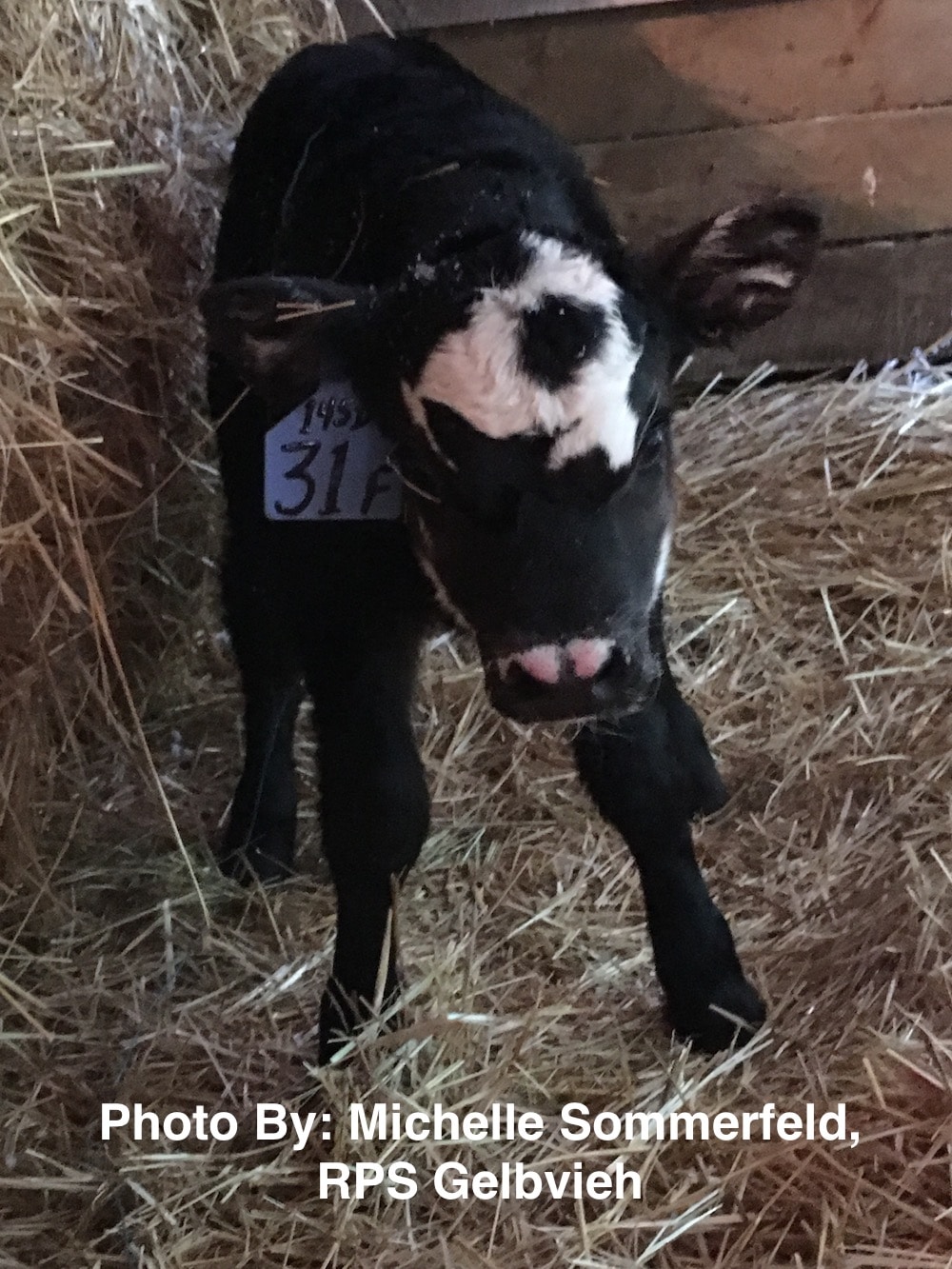
Q: What do these two groups have in common?
A: Voluntary Professionalism.
I discovered this link between cattle producers and engineers last week through my participation in two separate functions: veterinary testing on the RPS Gelbvieh Ranch & a Town Hall Session of APEGS (Association of Professional Engineers & Geoscientists of Saskatchewan).
Semen Testing
RPS Gelbvieh has a reputation for producing high-quality bulls. This reputation didn’t happen by accident. It is generations in the making. On one side of the equation – superior genetics, and on the other – superior ethics. I was invited to the ranch to assist with one of the quality control measures in place that ensures a superior product, semen testing.
My job was to advance the bulls through the chute and ensure the next bull in the cue was ready. This experience provided an opportunity to observe the emotional forces that guide both human and animal functioning. I was paying particular attention to how my own reactivity heightened the stress response of the bull. When I remained calm, at least on the outside, so too did the bulls.
Once the semen testing was complete, I was off to assist the veterinarian with the next task, BSE testing.
BSE Testing
The Government of Canada, through the Canadian Food Inspection Agency, implemented a National BSE (mad cow disease) surveillance program in 1992 to ensure the safety and quality of the nation’s cattle herd. Efforts to expand the program, since the 2003 BSE crisis, include the development of inspection targets and compensation for voluntary cattle producer participation.
Chatting with the vet, I learned that many producers are reluctant to participate in the voluntary program. In 2015, SK producers only completed 21% of testing goals. The compensation is low ($75/animal) and the risks are high. Generations of hard work and irreplaceable superior genetics could be wiped out if a positive BSE test led to herd euthanization. Many producers have elected to follow the advice of former Alberta Premier Ralph Klein: “Shoot, shovel and shut-up”. RPS Gelbveih has chosen to voluntarily assume tremendous risks for the betterment of the industry and, in so doing, demonstrate true professionalism.
Town Hall Session
The dedicated staff of APEGS completed a series of Town Hall Session’s across Saskatchewan to provide members with information on upcoming changes to the Continuing Professional Development (CPD) program. Saskatchewan is one of only 3 jurisdictions in Canada where reporting on CPD activities remains voluntary. Despite the efforts of APEGS to ensure its members are aware of their professional obligations only 36% currently report under the voluntary program. In an effort to bolster the reputation of our profession, and in response to the low voluntary response rate, APEGS will be asking its members to vote in favor of Bylaw changes to make CPD reporting mandatory.
Engineers are responsible for the structures and systems that keep society safe. This is taken for granted until a disaster strikes. It would be easy to assume that such a bylaw, making CPD reporting mandatory, would easily pass within a group of “so-called” professionals. But this is not the case. In British Columbia past attempts, by the provincial association, to pass such a bylaw have failed. At the conclusion of the Town Hall Session, I inquired to the Director of Registration why the association wouldn’t just work with the Ministry of Highways and Infrastructure to update the governing Act to include a mandatory CPD reporting requirement. Her response, in paraphrase, elicited hope for our profession:
“Because we as a Self-Regulating Profession have an obligation to bring this issue forward to our members. We are confident that our members, having received accurate information, will make the right choice.”
APEGS members have an opportunity at the AGM in May to demonstrate that they too possess true professionalism.





